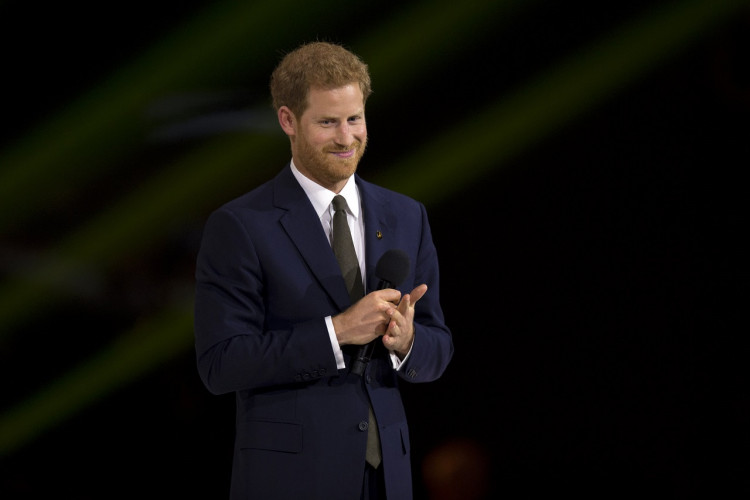Prince Harry was rushed out of a London courtroom Wednesday during a fan outburst, as he wrapped a high-stakes appeal challenging the British government's decision to deny him automatic police protection while in the United Kingdom.
The Duke of Sussex is seeking to overturn a 2020 ruling by the Executive Committee for the Protection of Royalty and Public Figures, known as Ravec, which determined that he should receive a lower level of publicly funded security after stepping back from royal duties and relocating to the United States. His appeal follows an earlier High Court ruling that deemed the government's decision lawful.
As proceedings paused briefly to clear the courtroom for a closed session due to security concerns, a woman shouted at journalists, "If you're members of the press, you're the reason he's no longer in England." Prince Harry was escorted out by security shortly after.
In her closing submission, Harry's lawyer, Shaheed Fatima KC, emphasized the personal stakes involved. "One must not forget the human dimension to this case. There is a person sitting behind me whose safety, whose security and whose life is at stake," she told the three-judge panel.
Fatima argued that Ravec bypassed its own guidelines by failing to consult the risk management board and instead creating a "bespoke process" that offered the prince "inferior treatment." She added, "His presence here and throughout this appeal is a potent illustration... of how much this appeal means to him and his family."
The Home Office defended the tailored approach, with its barrister Sir James Eadie KC asserting that Ravec's flexibility was appropriate given the "unique set of circumstances" surrounding the duke. It was "hard to imagine" someone more experienced than former Ravec chair Sir Richard Mottram, he added, describing the decision-making process as grounded in national security expertise.
Eadie further argued that Ravec's internal procedures were not fixed "hard-edged rules" and that the body had sufficient discretion to adapt. "Ravec is able to draw upon expertise and is itself expert and experienced in a thoroughly important way," he said.
Harry's team contends he is not seeking the identical protection afforded to full-time royals, but insists that he should be evaluated under the same criteria as any private individual seeking state-funded security. His lawyers cited past threats, including a 2023 New York City car chase and ongoing terror risks from groups such as Al Qaeda.
Harry, 39, has frequently criticized the press for what he sees as its role in undermining his personal safety and mental health. He has cited the paparazzi pursuit that led to the 1997 death of his mother, Princess Diana, as a catalyst for his longstanding conflict with the media.






